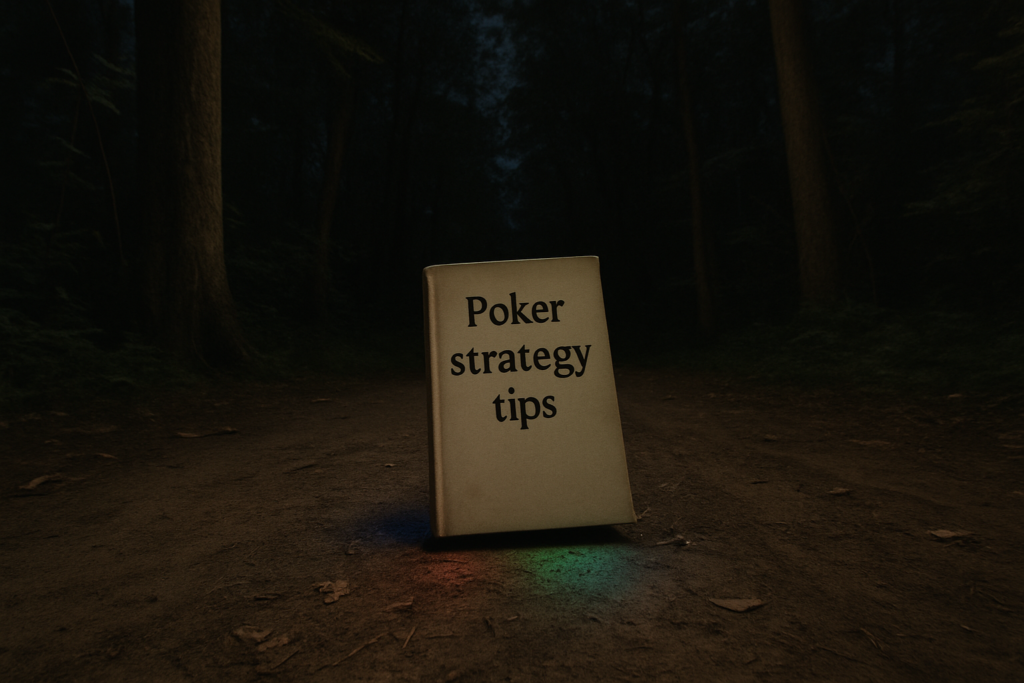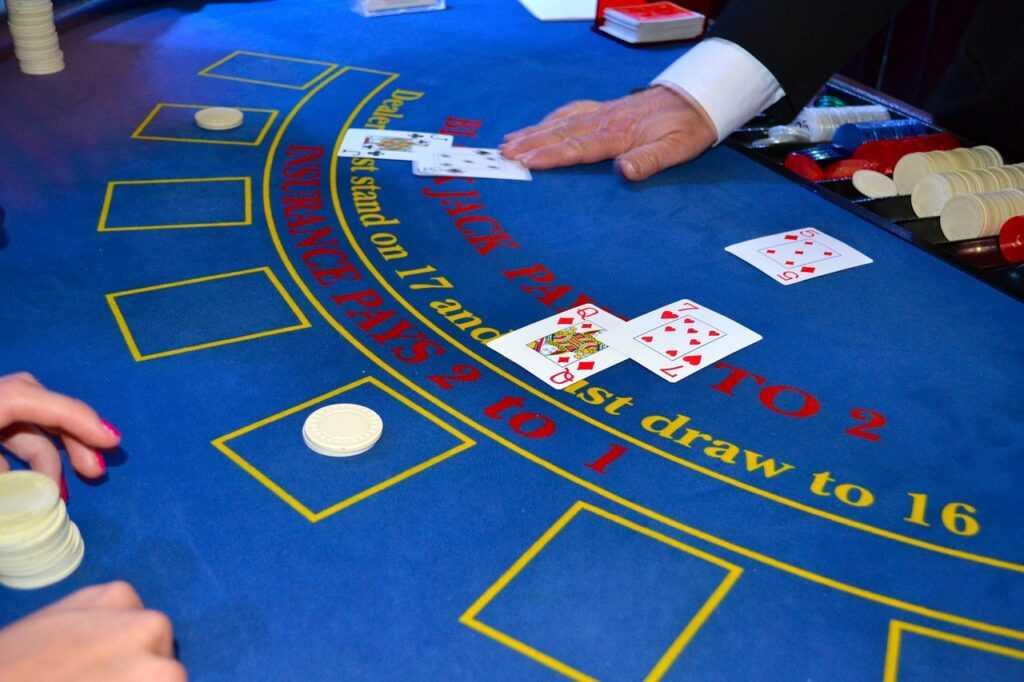Master Starting Hand Discipline
Most poker losses begin before the flop. Discipline in your starting hand selection is one of the simplest but most powerful ways to sharpen your edge at the table.
Know When to Fold Pre Flop
One of the most common errors among beginners and even intermediate players is playing too many hands. Just because you’re eager to get involved doesn’t mean you should.
Fold more hands than you play, especially from early positions
Recognize that folding a marginal hand isn’t weakness it’s strategy
Think long term: saving chips is just as valuable as winning pots
Stick to Strong Hands by Position
Not all hands are created equal context matters, and position shapes everything. Strong hands in the right position give you the greatest chance to win big or avoid trouble.
Play tight from early position (e.g., AA, KK, QQ, AK suited)
Expand hand range in late position, but avoid getting loose passive
Practice patience: waiting for the right spot pays off
Use Hand Charts but Stay Flexible
Hand charts are great for developing fundamentals, but rigid adherence can become a weakness. Poker is situational your opponents, stack sizes, and momentum matter.
Use hand charts as training tools, especially when learning
Adjust ranges based on table dynamics and player tendencies
Be willing to deviate when intuition and experience suggest it
Discipline in the early stages of a hand sets you up for long term success. A tight but informed pre flop strategy builds the foundation of a profitable game.
Study Your Opponents Like a Hawk
Whether you’re facing a table full of strangers live or grinding anonymously online, one rule holds: the better you know your opponents, the easier it is to beat them.
In live games, watch like your chips depend on it because they do. Betting patterns, timing tells, glances, posture shifts, chip fiddles all of it feeds your read. Most players leak information without knowing it. Waiting a beat before betting? Could be weakness or strength, depending on their baseline. Note what they do when they’re strong vs. when they’re bluffing. This gets easier the longer you sit with them.
Online, there’s no eye contact, but there are habits. Use your HUD (Heads Up Display) to track key stats VPIP (Voluntarily Put Money In Pot), PFR (Preflop Raise), aggression levels, and showdown frequency. Take detailed notes when you see something specific. Did a player cold call three bets with suited connectors? Mark it. It’ll win you money later.
Lastly, lump players into loose/aggressive (LAG), tight/passive, nit, or maniac. It’s crude, but helpful. Then counter. Against LAGs, trap and punish. Versus nits, steal more. Against passives, bet your value hands hard they won’t fight back. Observing and adjusting is how ordinary players win consistently.
Leverage Position Ruthlessly

Position is everything in poker. Playing in late position especially on the button or close to it gives you the advantage of seeing how everyone else acts before you make your move. More information means better decisions. That translates to tighter folds, smarter bets, and more control over the hand.
Good players use their position not just to react, but to dictate the action. Stealing blinds from the cutoff or button isn’t just opportunistic it’s strategy. If you’re being folded to in late position, don’t waste it. Apply pressure, pick the right spots, and chip away at the table.
In contrast, early position is a danger zone. You’re flying blind on how others will respond, so keep those speculative hands like suited connectors or low pairs in check. Bluffing or building pots from up front is a high risk play that often backfires unless you’re dialed in and sharp.
Use position to tighten up the loose ends of your game. It doesn’t just boost your edge it keeps you in control.
Balance Your Betting Strategy
A predictable betting pattern is a losing one. If your opponents can guess what you’re holding based on your bet size or timing, you’re giving up the edge. Successful players vary their approach to remain unreadable and keep the pressure on in the right moments.
Mix Up Your Bet Sizes
Use different bet amounts in similar spots to avoid patterns
Avoid automated c betting (continuation betting) without evaluating the flop texture
Keep opponents guessing about your strength by mixing in overbets, underbets, and checks
Value Betting vs. Slow Playing
Value betting: Capitalize on weaker hands that are likely to call don’t miss opportunities to build the pot
Slow play: Useful when you’re very strong and want to induce action but be careful not to give away free cards
Read your opponent’s range and adjust. If they’re passive, bet more. If they’re aggressive, let them do the work
Use Continuation Bets Wisely
A c bet works best when the flop favors your perceived range
Don’t auto pilot! Check more often when the flop hits your opponent’s likely holdings
Consider board texture, number of players, and stack sizes before betting
By staying unpredictable and strategically balanced, you’ll force opponents into tough decisions and that’s where the profit lives.
Manage Your Bankroll Like a Pro
If you don’t respect your bankroll, the game will chew you up. Rule one: never sit down at a table with more than 5% of your total bankroll. This isn’t just about playing it safe it’s about buying sustainability. You’re protecting yourself from brutal downswings and giving yourself room to play, learn, and grow.
Set stop loss limits before every session, and stick to them. Emotion is where most players bleed chips. Tilt happens, variance happens, but if you walk away when the plan says to, you’ll survive another day. Letting ego or frustration drag you deeper into a losing session? That’s how you bust your roll.
And don’t forget to track your sessions. Every. Single. One. Wins, losses, notes on play quality and reads. Data over vibes. You’re not just collecting results you’re building self awareness. Poker is a long game. You need the receipts to see patterns, spot leaks, and stay grounded. This is the boring stuff that makes the real money.
Keep Studying and Evolving
Playing more hands won’t automatically make you smarter it just burns time and chips. What actually works? Study. Real study. That means reviewing your hand histories, examining your leaks, and seeing how better players would’ve played your spots. It’s about learning from hard hands instead of brushing them off.
Watch replays of your own games. Run simulations using tools like PokerStove or GTO solvers. Ask tough questions: Did I go all in too soon? Miss a value bet? Why did they raise in that spot, and how should I have answered? This is where growth happens.
And don’t fall behind the meta. Poker theory keeps evolving. Stay sharp by reading updates from trusted sources, like this list of top poker strategies. Good poker is part math, part psychology, and all discipline. Treat your game like a craft, not a gamble.
Use Proven Systems
If you’re serious about long term poker profits, it’s time to get familiar with Game Theory Optimal (GTO). This approach isn’t about flashy bluffs or wild reads it’s about building an airtight, balanced game that’s hard to exploit. GTO strategies help you mix up your play, prevent predictable patterns, and defend against sharp opponents who are trying to spot holes.
Start by understanding basic ranges: what hands to bet, check, or fold based on position and board texture. Then layer in mixed frequencies. You don’t always have to c bet that ace high flop but knowing when and how often to do it? That’s GTO.
Of course, real tables don’t follow the textbook. That’s why GTO is a base, not a ceiling. You’ll still need to deviate when facing someone too loose or overly tight. The edge comes from knowing the ‘optimal’ path then choosing when to walk it or break off.
To get sharper, lean into readable guides like these top poker strategies. No method is perfect, but systems like GTO keep your foundation solid. And the meta always shifts game solvers evolve, player pools change. Those who adapt fastest, win longest.


 Alanns Ritcheyers – Author
Alanns Ritcheyers is a skilled author at Smart Gamble Land, known for his expertise in winning techniques and the art of gambling strategy. With a keen focus on teaching advanced betting systems, Alanns' content is tailored to players eager to refine their approach to gambling. His methodical breakdowns of complex systems are designed to make challenging concepts accessible to a wide audience. Alanns is dedicated to helping players maximize their potential at the casino by blending strategy with practical tips for real-world application.
Alanns Ritcheyers – Author
Alanns Ritcheyers is a skilled author at Smart Gamble Land, known for his expertise in winning techniques and the art of gambling strategy. With a keen focus on teaching advanced betting systems, Alanns' content is tailored to players eager to refine their approach to gambling. His methodical breakdowns of complex systems are designed to make challenging concepts accessible to a wide audience. Alanns is dedicated to helping players maximize their potential at the casino by blending strategy with practical tips for real-world application.
